Time for a humanitarian revolution that addresses the root causes of ecological destruction

Do we get what the devastating fires in Malibu are telling us: That climate change constitutes a severe, immediate threat to our world? This is not something coming in the future: It is already here. In fact, the destructive impacts are just beginning.
Climate change is a direct result of modern humanity’s disconnection from the Earth. Starting with the Industrial Revolution, we created an economic system based on the extraction of natural resources to produce excess consumer goods. We became hypnotized by our technological and commercial abilities as a species, unable to see the inevitable consequences of rampant exploitation.
California is burning because temperatures are as much as two degrees Fahrenheit warmer than two centuries ago, due to CO2 emissions. Los Angeles is one of the world’s media centers. For a century, Hollywood sold the world on the “American Dream” of bigger houses, faster cars, and more lavish lifestyles. The promotional barrage of television shows, films, and advertisements inspired China and India to follow our consumerist path. Our mass media helped American companies sell consumer goods globally, backed up by debt obligations, trade agreements, and the threat of military intervention.
We are seeing this system unraveling. The Democrats won a majority in the House of Representatives. But this doesn’t mean the United States government is remotely capable of addressing the ecological crisis that our industrial and commercial initiatives have unleashed. Obama – the great progressive hope – as well as Clinton supported Wall Street, the fossil fuel industry, the pharmaceutical industry, and the war machine.
We need a humanitarian revolution that addresses the root causes of ecological destruction. This can only happen if we come together in communities to reckon with our situation. We must choose to live differently on the Earth.
The choice is not between collectively undertaking a profound transformation of society or continuing business as usual. The choice is between undertaking a profound transformation of society or our extinction as a species – the end of all our dreams as well as our children’s hopes.
The evidence is clear that this is the case. For example, we lose 7 football fields worth of the Amazon rainforest every minute, due to clear-cutting, strip-mining, and agriculture. The Amazon provides 20% of the oxygen we breathe. If temperatures go up another two degrees, we will lose more than 40% of the rainforest in any case. And this is only one of many feedback loops accelerating toward a destructive outcome.
Many people put their faith in technology or geo-engineering as a last hope to save us. There are technologies that can help, of course. But technological progress created this situation. The best and perhaps only ways to truly address what is happening is community-based efforts that include a spectrum of initiatives: green roofs, local economies, reduction of consumption and waste, local education, political interventions, and so on.
Our economy is debt-based. It must amp up growth and development to pay the interest on its debts. It makes no sense – except financially – that NYC keeps putting up more skyscrapers. These trophy buildings are often means for wealthy people to invest money in real estate. At this point, if we are building anything at this scale, it should be vertical farms and wind turbines, not luxury condos.
To confront climate change, we need a single-minded effort similar to what the US did in World War Two. After Pearl Harbor, the entire society shifted to war-time production and aggregated its resources for a shared goal.
The only way this can happen in our time is if “we, the people”, collectively demand it.


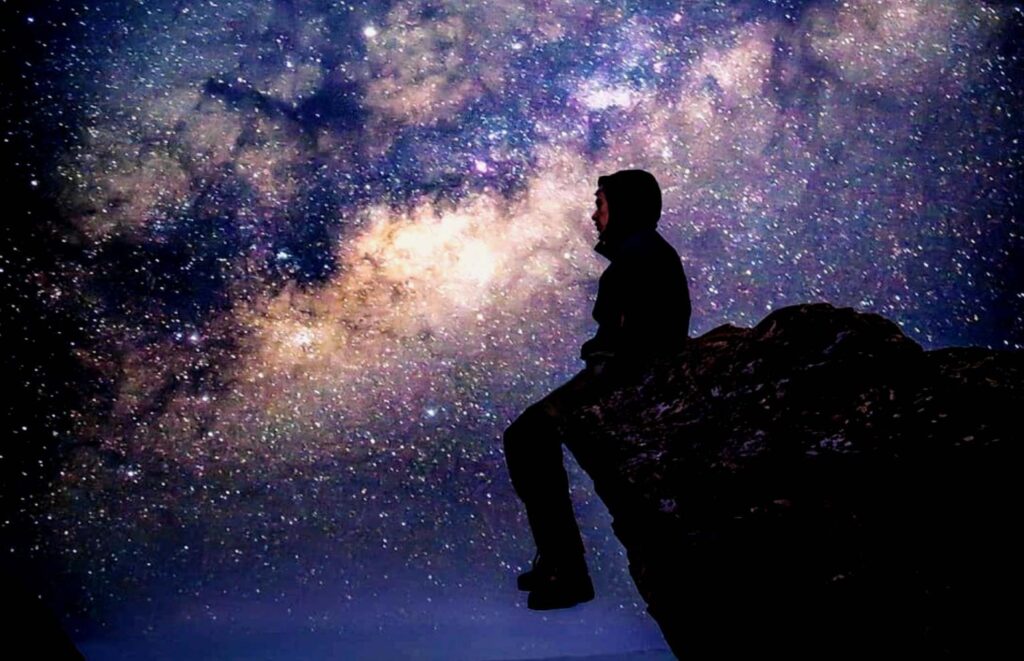
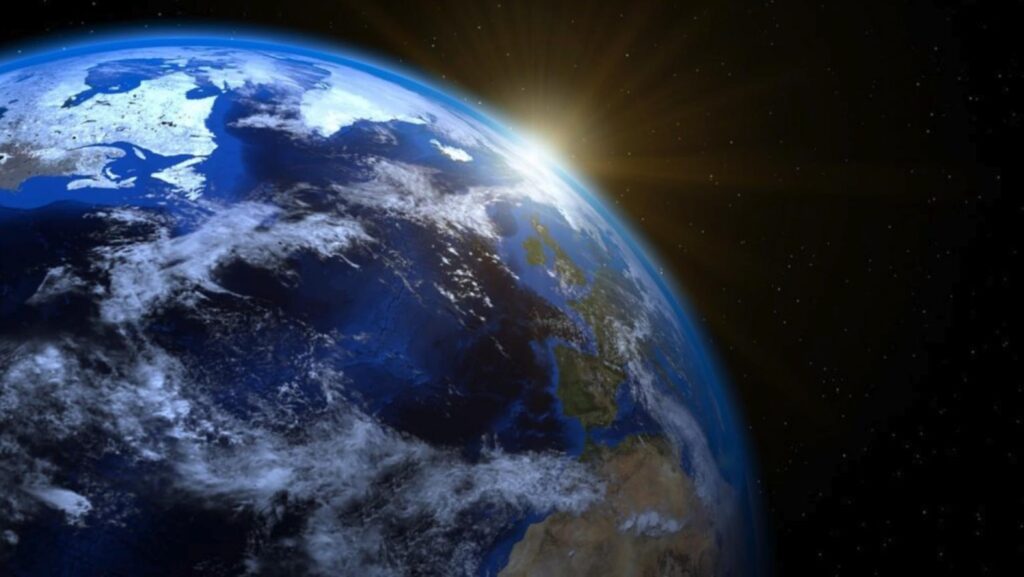

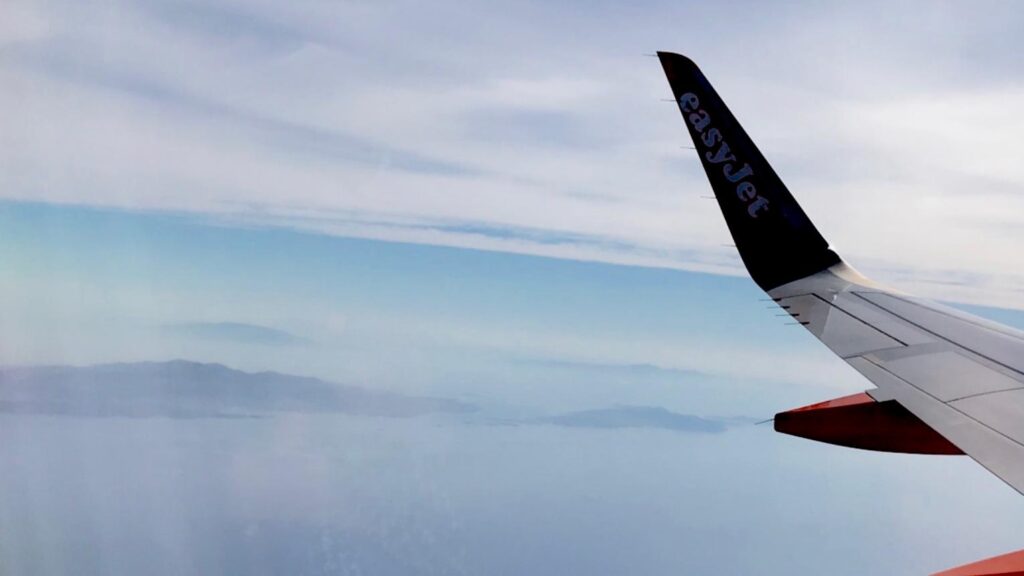


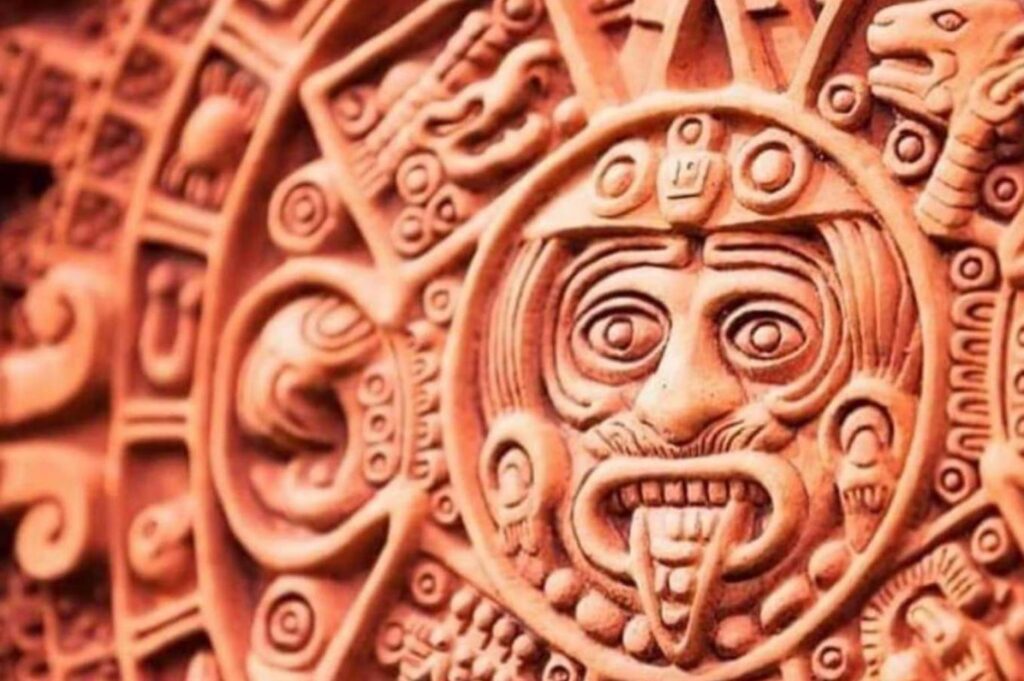
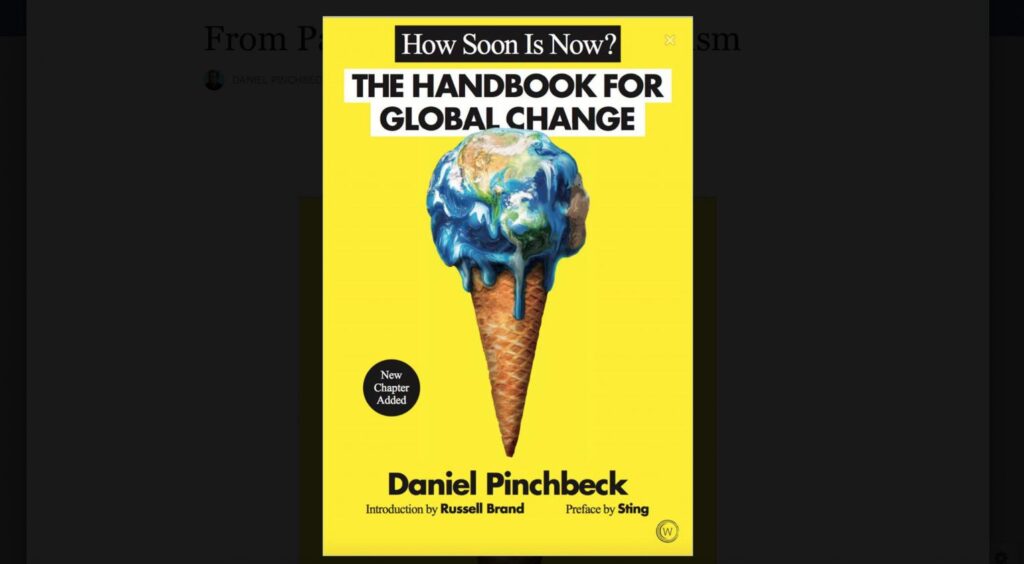
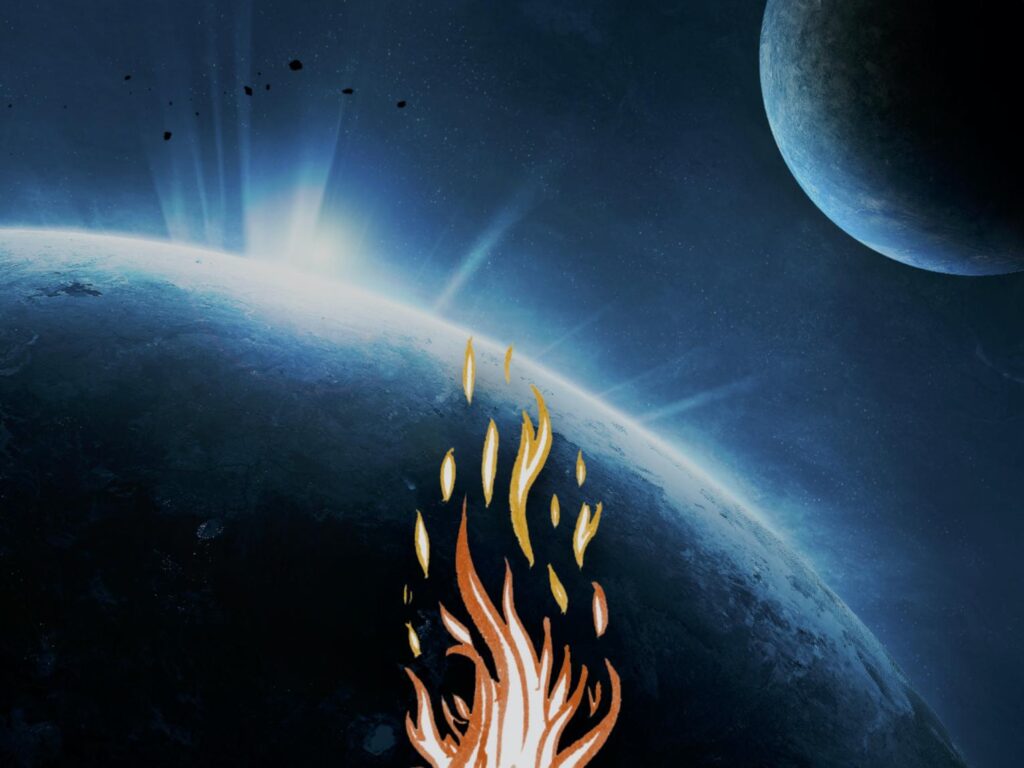


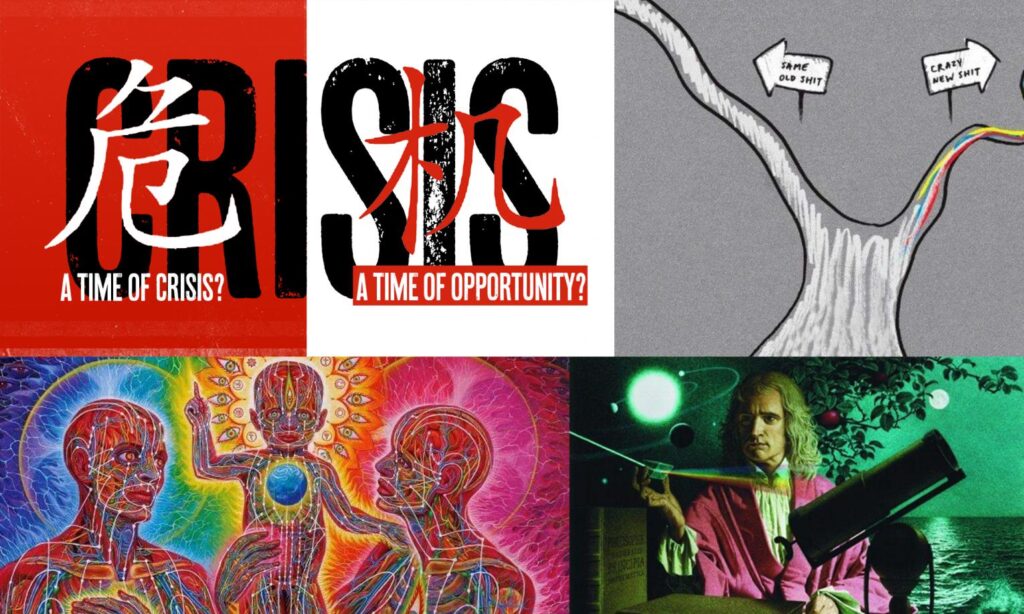

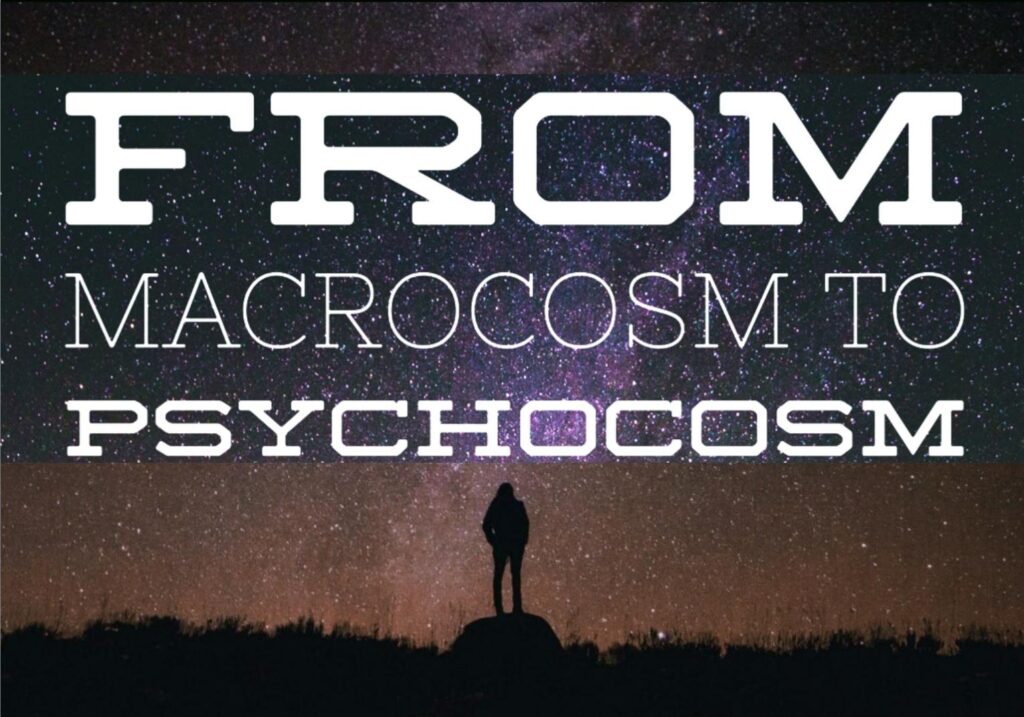



Responses